2025/2026 Game Drive: The Mega Guide
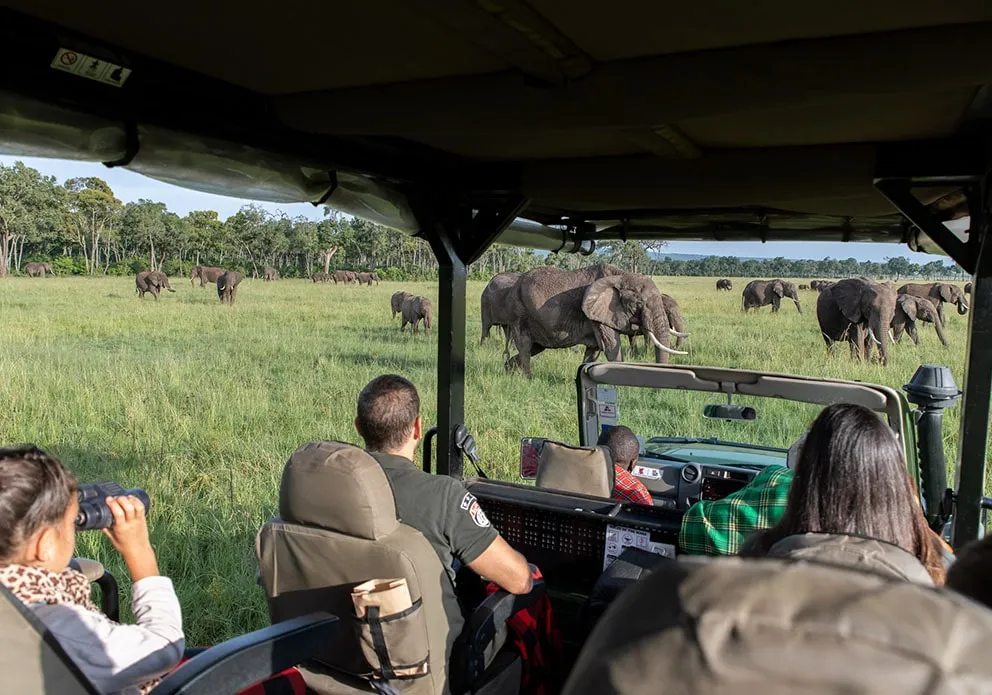
The free-roaming wildlife… The chirping birds… The scorching sun and whooshing wind… To experience a game drive is to experience a phenomenon so magical that words can’t even begin to explain.
We’ve created a comprehensive guide where we share essential tips and insights to help you plan the perfect safari game drive experience while practicing responsible tourism.
But First…
Here's a Video on the Best African Safari Tips
Here’s Where to Contact Us to Book Your Safari Game Drive
To book your Kenya safari, call or WhatsApp us at +254-704-532-105 or +254-719-222-430.
You can also email us at safarioffers@kenyaluxurysafari.co.uk, safarioffers@ajkenyasafaris.com or james@ajkenyasafaris.com.
And Here’s a List of Some of Our Most Booked Safaris
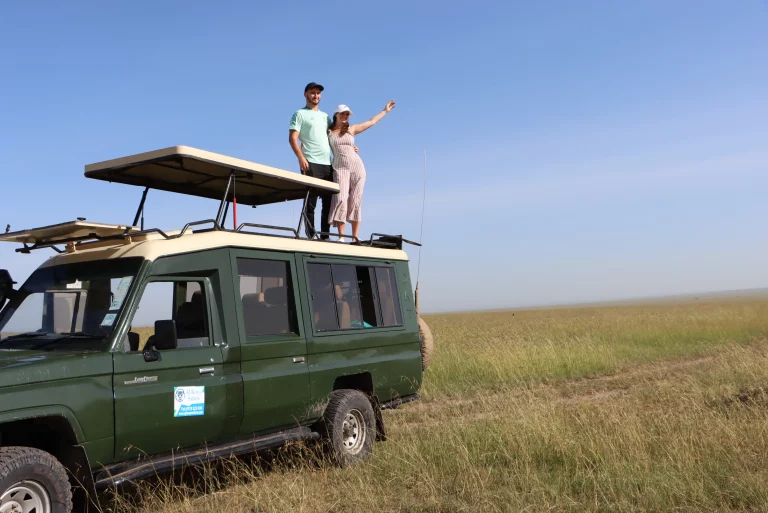
The Classic, 3-Day, 2-Night Masai Mara Safari
From £798
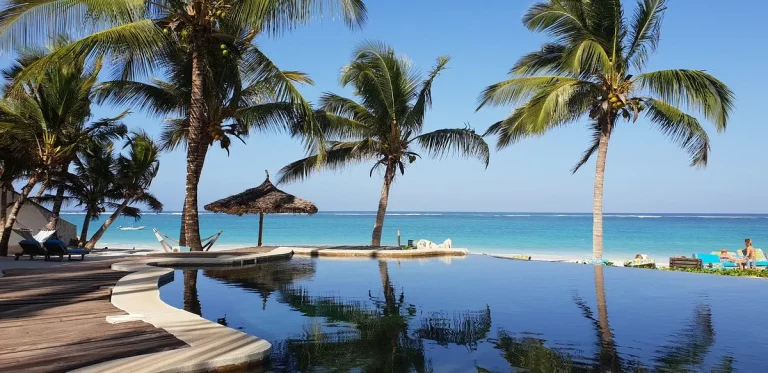
The Magical, 13-Day, 12-Night Kenya Wildlife & Beach Safari
From £4183
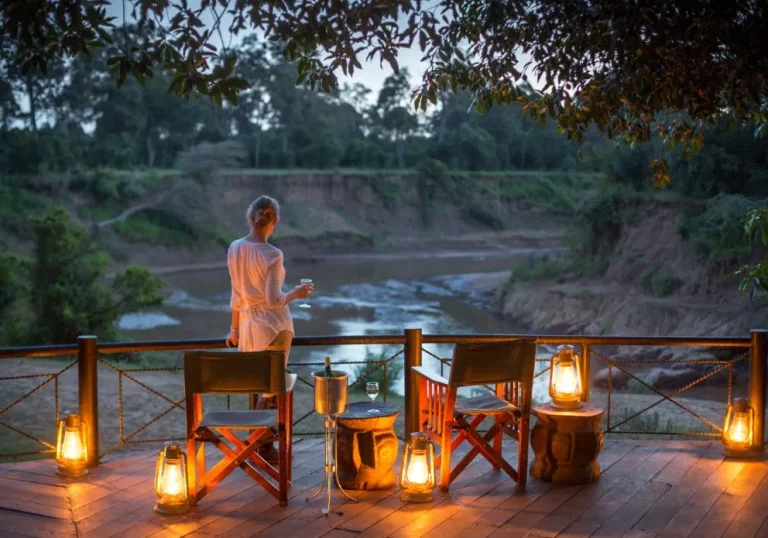
The Budget, 3-Day, 2-Night Jambo Masai Mara Safari
From £887
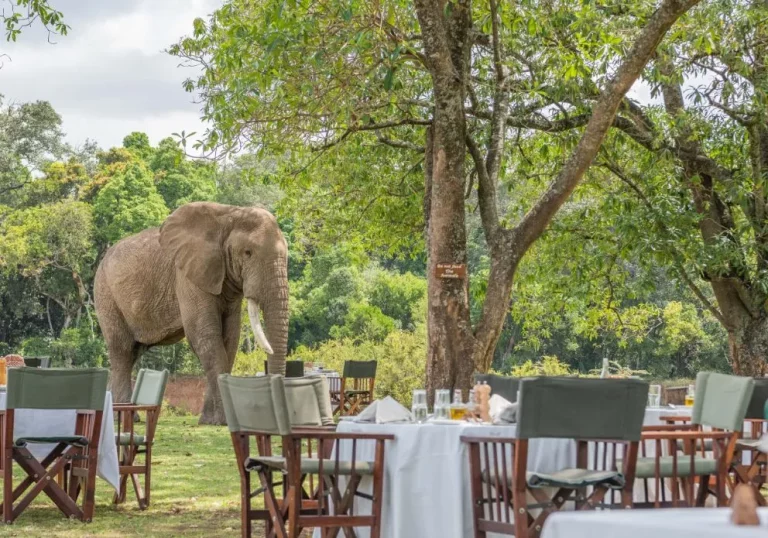
The Luxury, 4-Day, 3-Night Basecamp Masai Mara Safari
From £1233
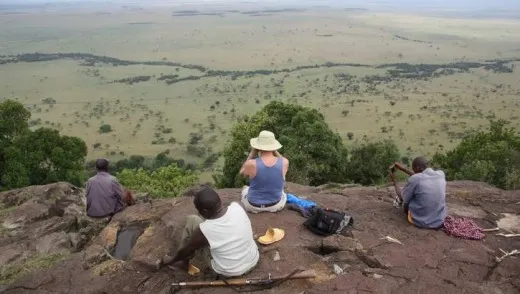
The Perfect, 4-Day, 3-Night Keekorok Lodge Safari
From £1111
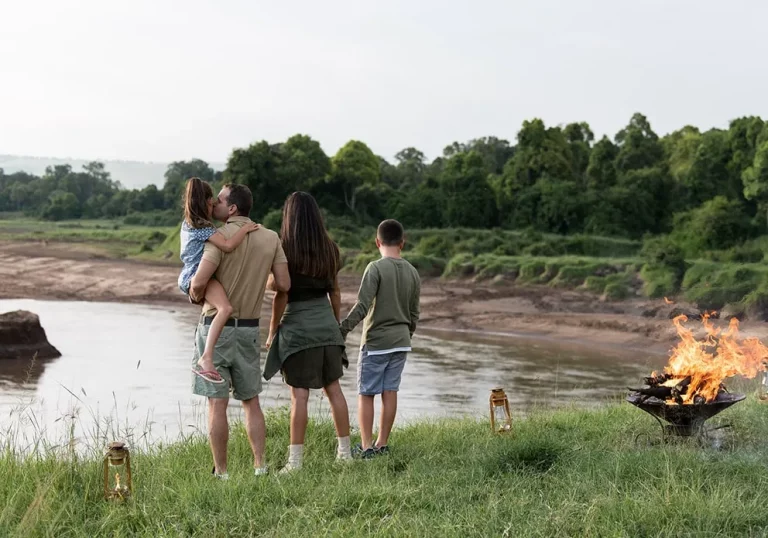
The Adventures, 4-Day, 3-Night Masai Mara Luxury Family Safari
From £1143
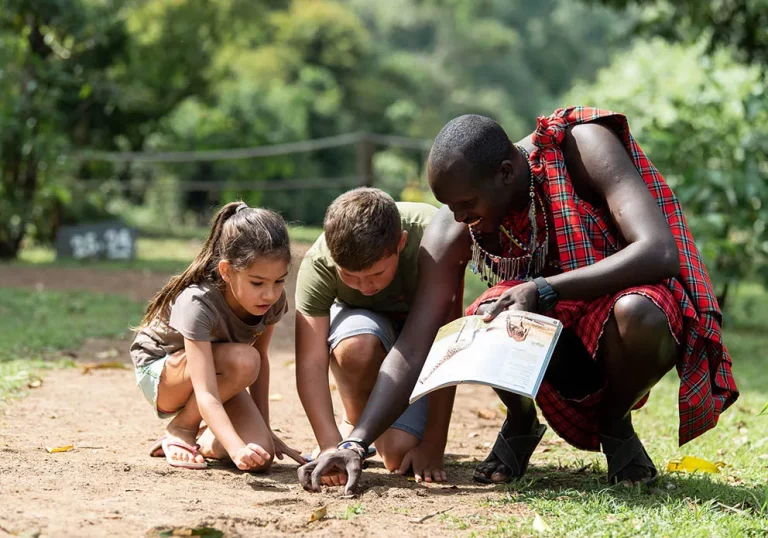
The Magnificent 8-Day, 7-Night Family Safari to Kenya
From £2462
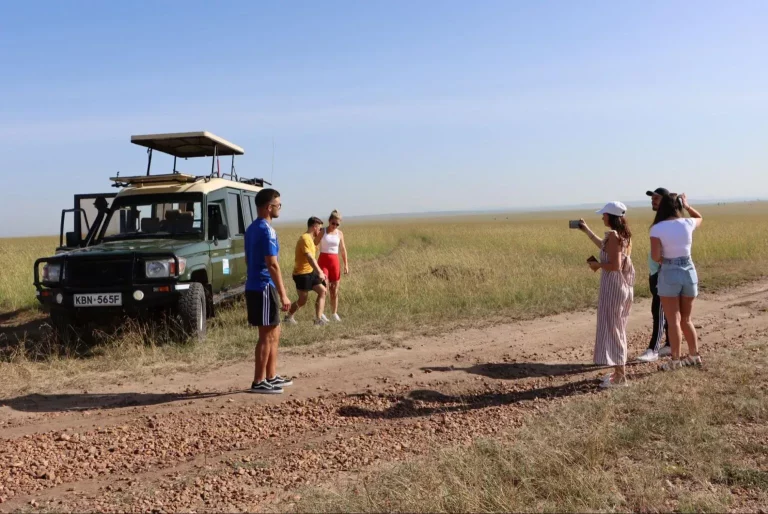
The Classic, 10-Day, 9-Night Family Safari in Kenya
£2495 Per Adult
£1310 Per Child
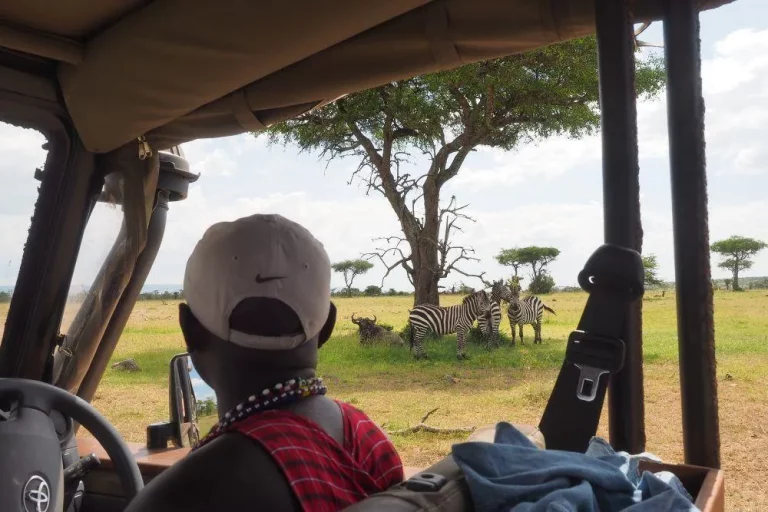
The Magical, 4-Day, 3-Night L. Nakuru & Masai Mara Safari
From £959
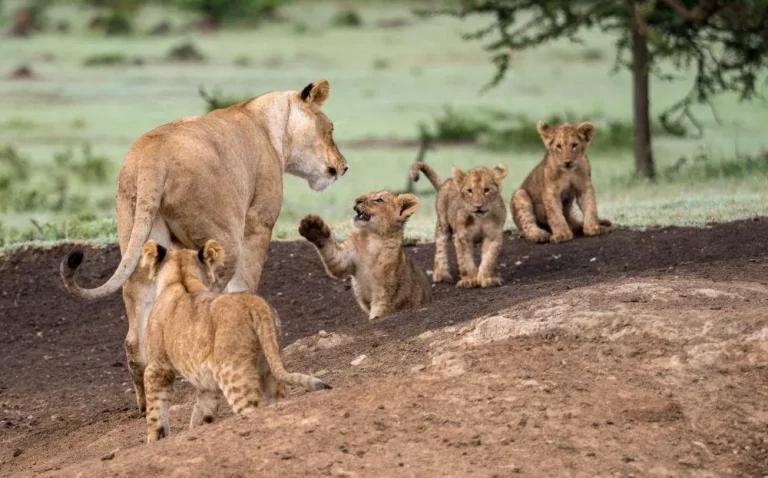
The Luxury, 5-Day, 4-Night L. Naivasha, L. Nakuru, & Masai Mara Safari
From £1359

The Super, 5-Day, 4-Night Nairobi & Masai Mara Safari
From £1134
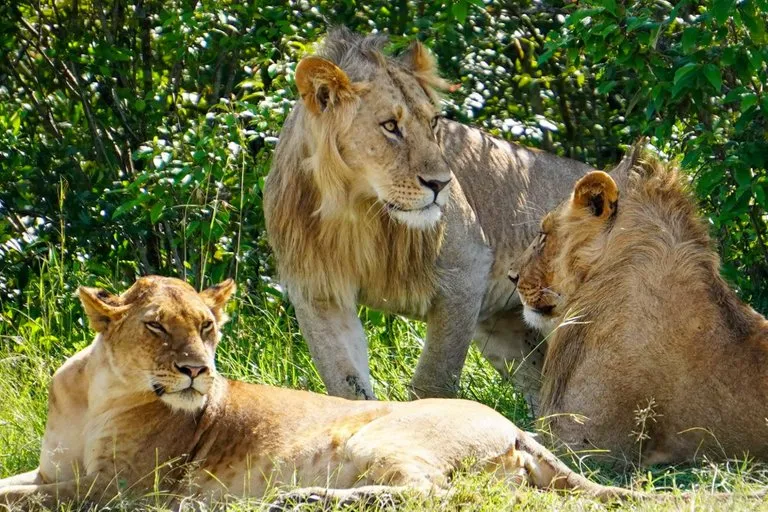
The Magical, 6-Day, 5-Night Amboseli, L. Naivasha, & Masai Mara Safari
From £2234
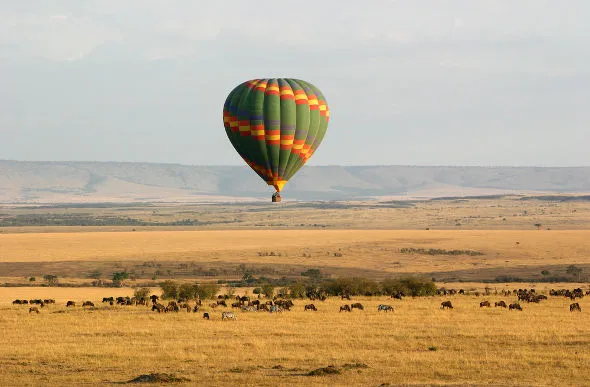
The Adventures. 7-Day, 6-Night Kenya Wildlife Adventure
From £2060
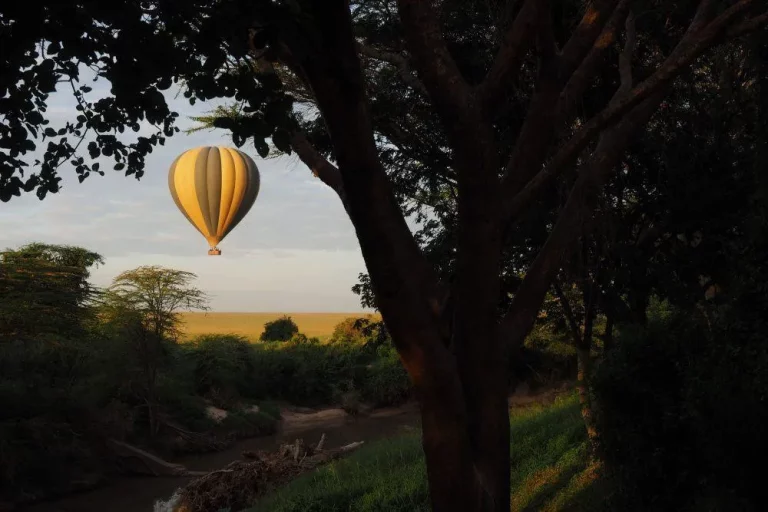
The Magnificent, 7-Day, 6-Day Kenya Wildlife Safari
From £1945
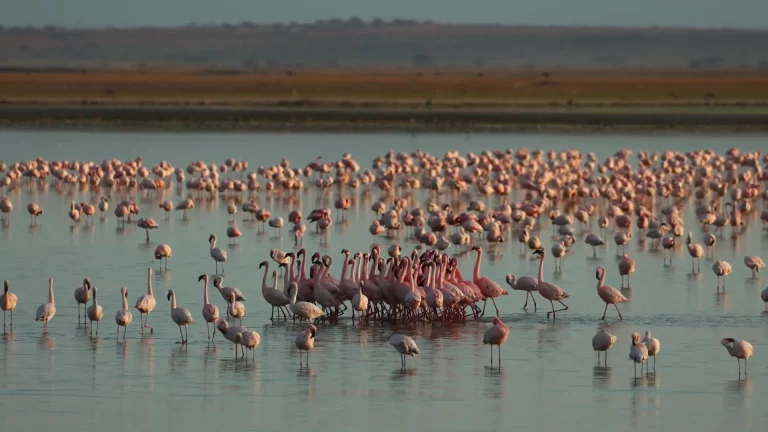
The Top, 8-Day, 7-Night Kenya Wildlife Safari
From £2078

The Memorable, 5-Day, 4-Night Masai Mara Honeymoon Experience
From £1248

The Magical, 7-Day, 6-Night Honeymoon Safari to Kenya
From £2016

The Luxury, 8-Day, 7-Night Honeymoon Experience in Kenya
From £1948

The Romantic, 14-Day, 13-Night Kenya Honeymoon Safari
From £6317
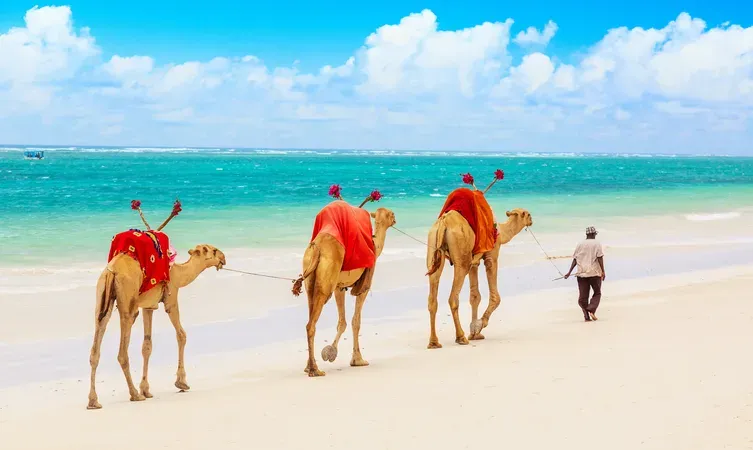
The Lovely, 14-Day, 13-Night Honeymoon Experience in Kenya
From £5086
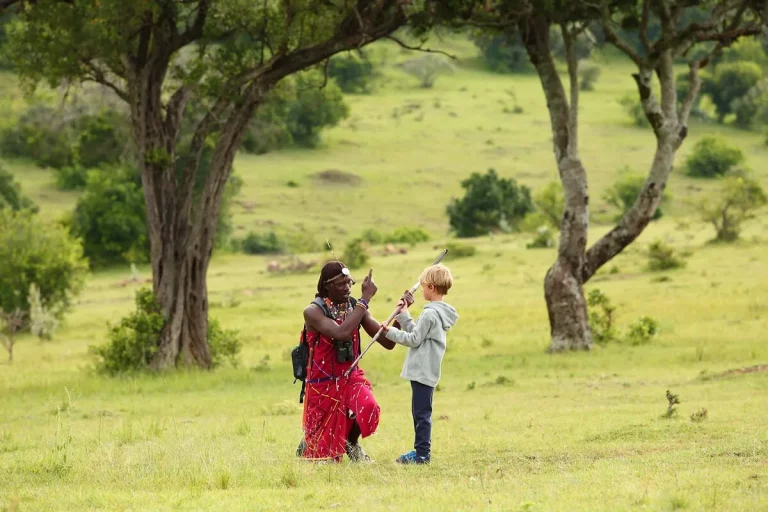
The Magical, 8-Day, 7-Night Helicopter and Wildlife Tour in Kenya
From £9454
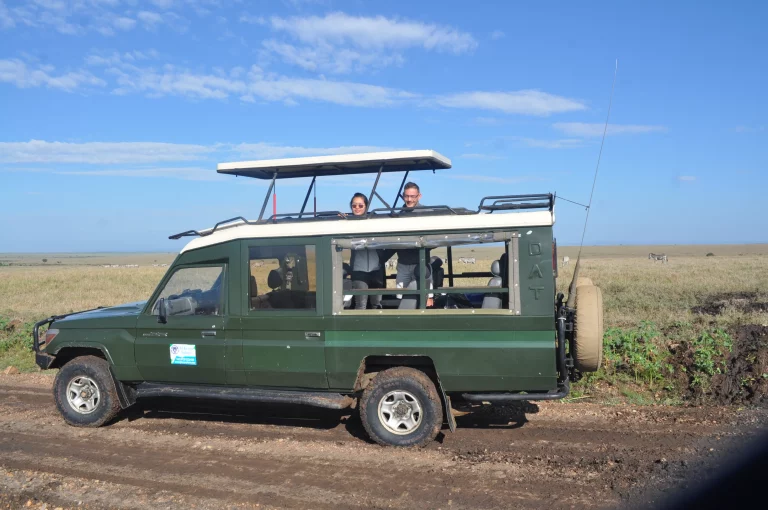
The Classic, 9-Day, 8-Night Helicopter & Wildlife Tour in Kenya
From £7685
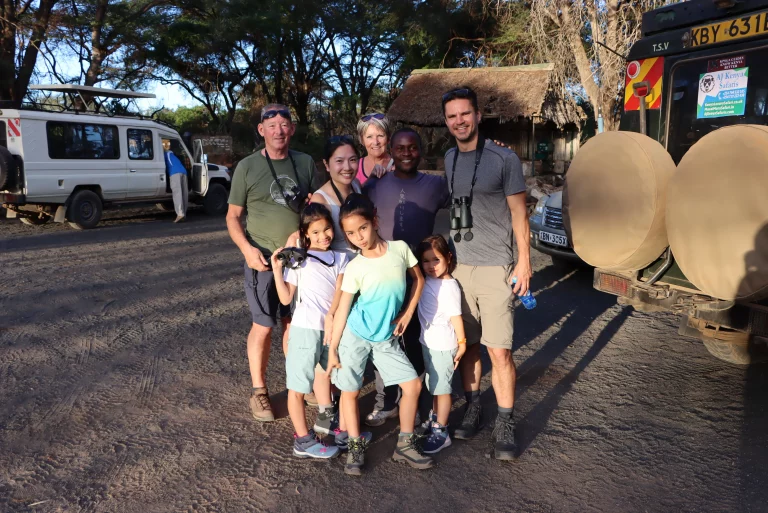
The Classic,3-Day, 2-Night Aberdare National Park Safari
From £941
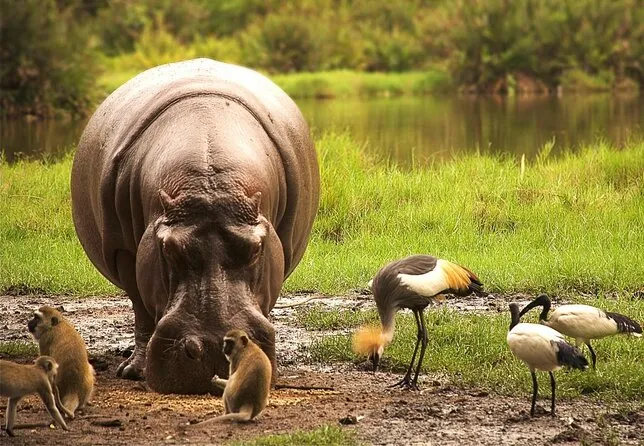
The Magical, 3-Day, 2-Night Amboseli National Park Safari
From £864
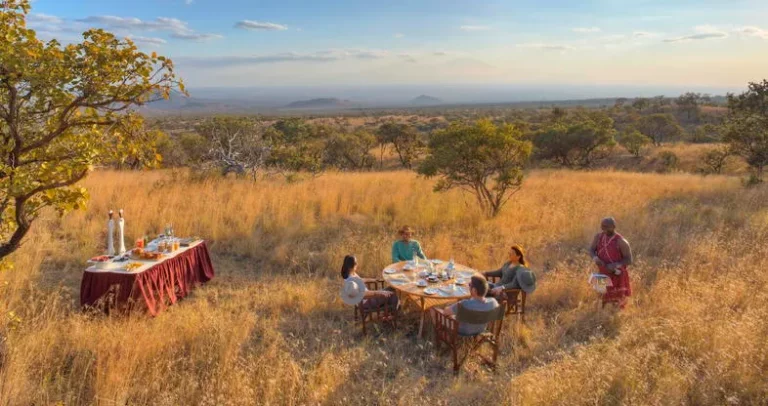
The Best, 3-Day, 2-Night Meru National Park Safari
From £1285
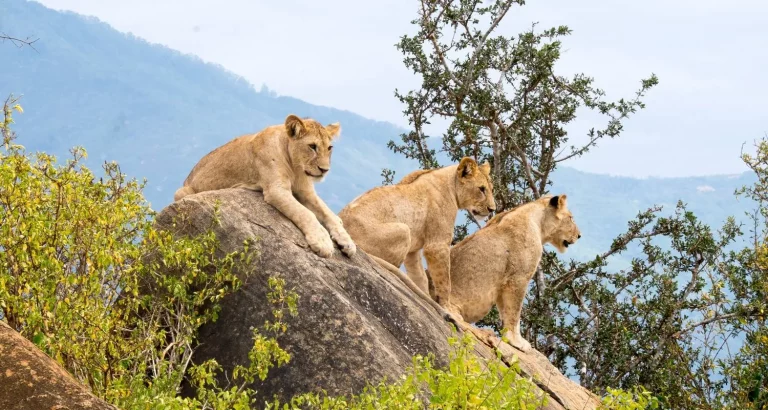
The Best-Selling, 3-Day, 2-Night Ol Pejeta Conservancy Safari
From £864
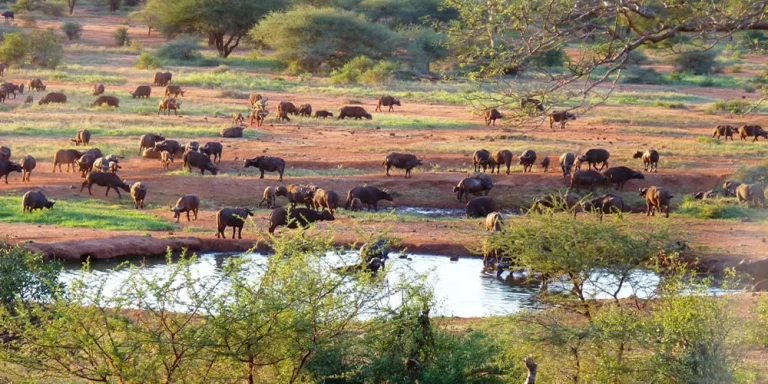
The Ultimate, 3-Day, 2-Night Samburu National Reserve Tour
From £815
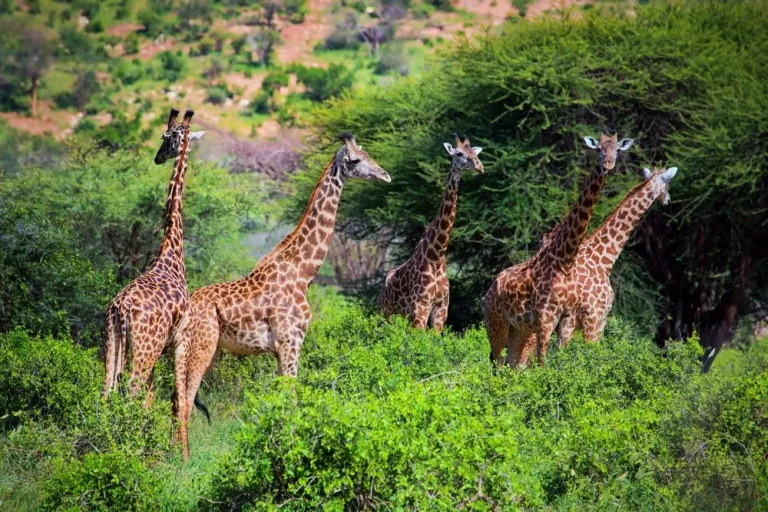
The Classic, 3-Day, 2-Night Tsavo East and West Safari
From £770
Executive Summary
- Experience an unforgettable safari adventure with these tried and true safari tips
- Maximize your wildlife viewing chances by timing your game drive, building a relationship with the guide and tracker, and showing patience & respect for nature.
- Practice responsible tourism to ensure an ethical & sustainable safari experience while supporting conservation initiatives.
Understanding Game Drives: The Ultimate Safari Experience
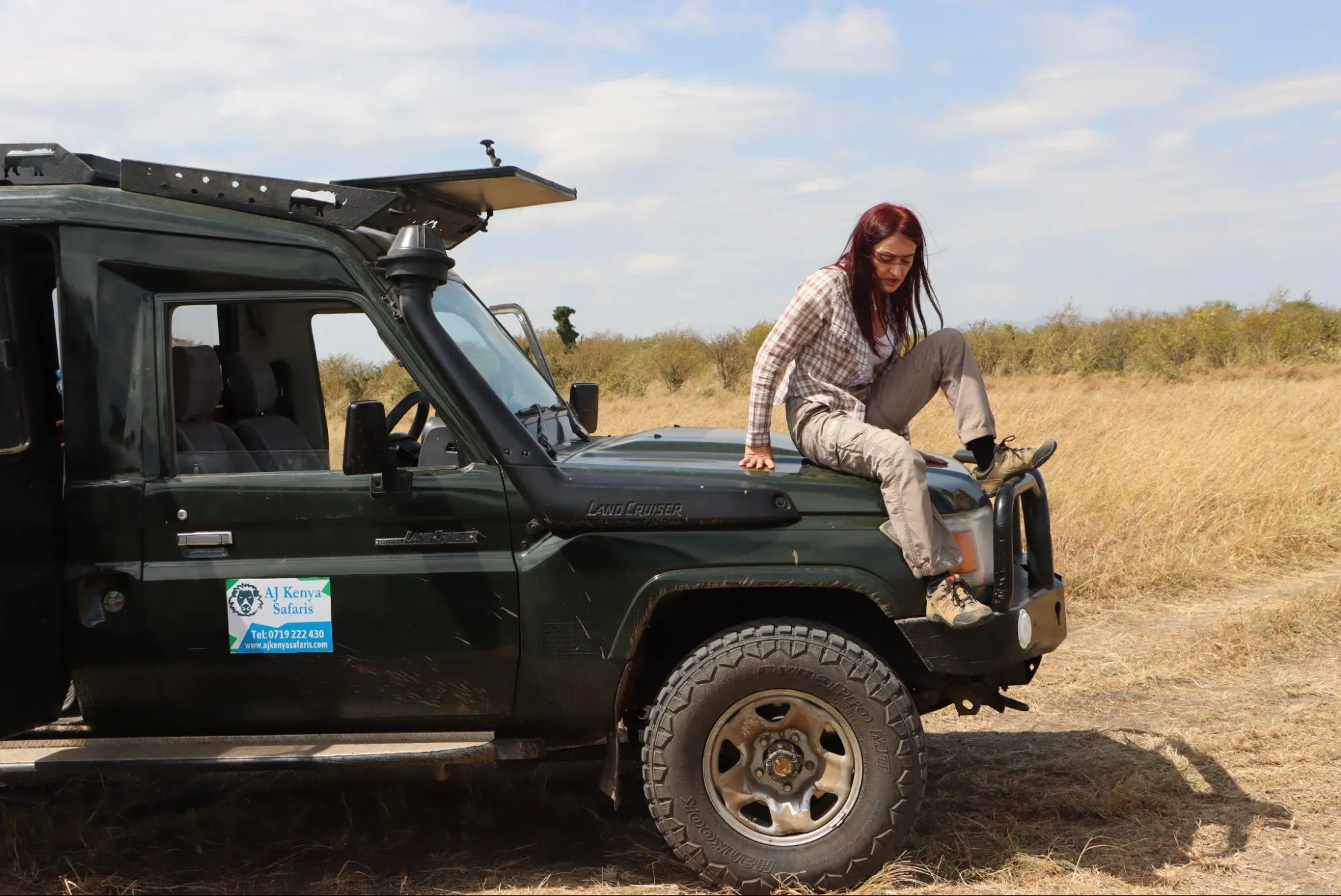
With views of striking sceneries and incredible wild animals, a safari game drive is very much the highlight of most African safaris. And the best part is that anyone can partake in them, no matter their age or fitness level.
In this section, we tell you all about game drives; their origin, and the various types that exist.
The Origin of Game Drives
Did you know that game drives originated from hunting expeditions? Yup! The Europeans used to organize these long drives into the wild where they would not only view wildlife but also kill them.
It was also during this time when the term ‘Big Five’ was coined, in reference to a handful of iconic African creatures that were considered the most desirable to spot and hunt on a word drive. These animals included;
- African elephant
- Rhinoceros
- Lion
- Leopard
- Cape buffalo
The shift to the modern safari came when Hunters like William Harris backtracked on their hunting ways and introduced the conservation movement. Nowadays, game drives are all about scenery and wildlife spotting. They are conducted on safari vehicles where guests are provided a window seat, ensuring the best possible view of these magnificent creatures.
Types of Game Drives
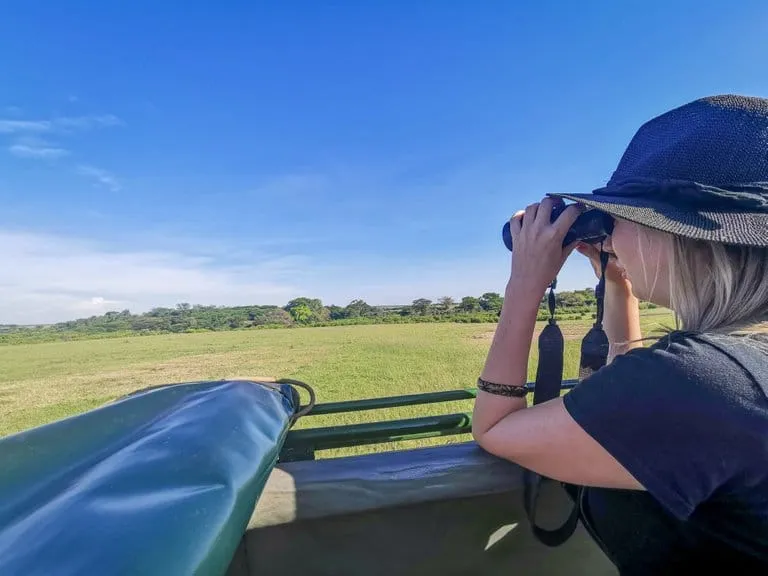
Game drives can be conducted in different types of vehicles, at different times of the day, and in different locations. The different types of game drive vehicles include Toyota Quantums and Mercedes Sprinters.
The different types of day are morning, afternoon, evening, and in a few parks, night. The time of day can greatly affect the game drive experience, with the best times being the hours around sunrise and sunset when wildlife activity is high and the lighting conditions create a beautiful atmosphere. Plus, it’s the coolest part of the day, making it more comfortable for both the animals and the visitors.
P.S. Booking a game drive on a private basis means having the vehicle all to yourself, allowing for a more personalized and exclusive experience. Whether you’re a seasoned safari-goer or embarking on your first game drive, the thrill of exploring the African wilderness never fades.
Game Drive Locations: East Africa vs. Southern Africa
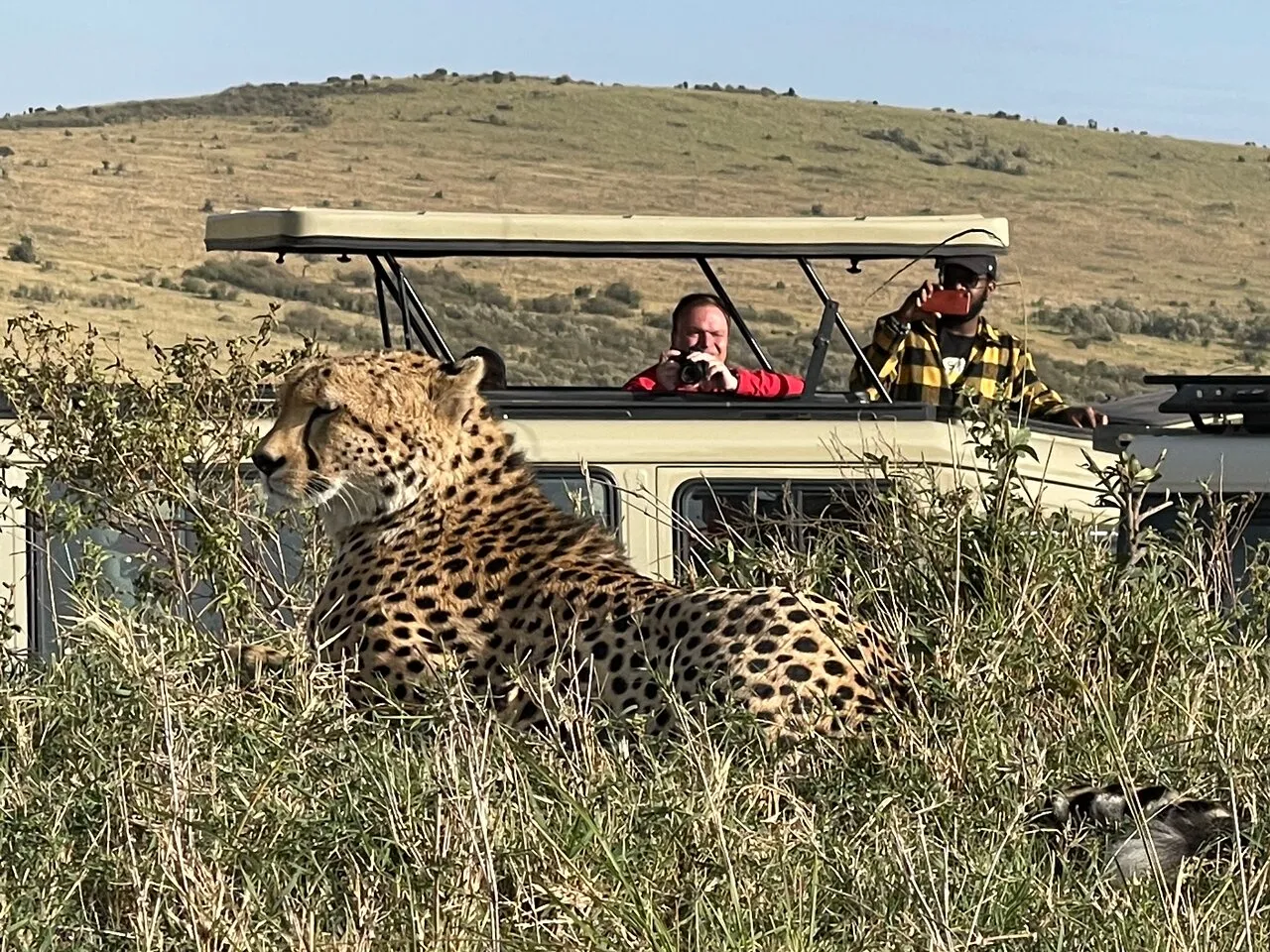
Game drives in East Africa and Southern Africa have distinct characteristics, from the vehicles used to the landscapes and wildlife encountered.
The upcoming sections highlight the differences between East African and Southern African game drives, assisting in the selection of an ideal destination for your safari adventure.
East African Game Drives
In East Africa, game drives typically take place in enclosed vehicles with pop-top roofs. A pop-top roof offers an amazing vantage point for capturing stunning wildlife shots. Popular locations for game drives in East Africa include Masai Mara Game Reserve and Amboseli National Park in Kenya, as well as Serengeti National Park, Tarangire National Park, and Lake Manyara National Park in Tanzania.
On game drives in East Africa, you can spot a wide variety of unique wildlife, such as:
- Gorillas
- Rhinos
- Zebras
- Lions
- Elephants
- Giraffes
- Cheetahs
- Hippos
- Wildebeests
- Buffalos
The best time of year to go on a game drive in East Africa is during the dry season which occurs in July and September or January and March. At this time of the year, the vegetation is sparse, giving you the best chances of spotting diverse and active wildlife.
Southern African Game Drives
Southern African game drives often take place in open-sided vehicles. Popular locations for game drives in Southern Africa include:
- Kruger National Park
- Lion Sands Game Reserve
- Pilanesberg National Park
- Kwandwe Game Reserve
- Sabi Sand Game Reserve
- Hluhluwe-Imfolozi Game Reserve
- Thornybush Game Reserve
- Timbavati Game Reserve
- Balule Nature Reserve
- Phinda Game Reserve
The wildlife experience in Southern Africa is different from East Africa in several ways. One major difference is the animal migrations, with East Africa hosting the extraordinary Great Wildebeest Migration. Southern Africa, on the other hand, has exciting smaller migrations at various times of the year.
You can spot an amazing variety of wildlife during game drives in Southern Africa, including giraffes, zebras, leopards, penguins, dolphins, and over 340 bird species.
Choosing Your Safari Destination: National Parks vs. Private Game Reserves
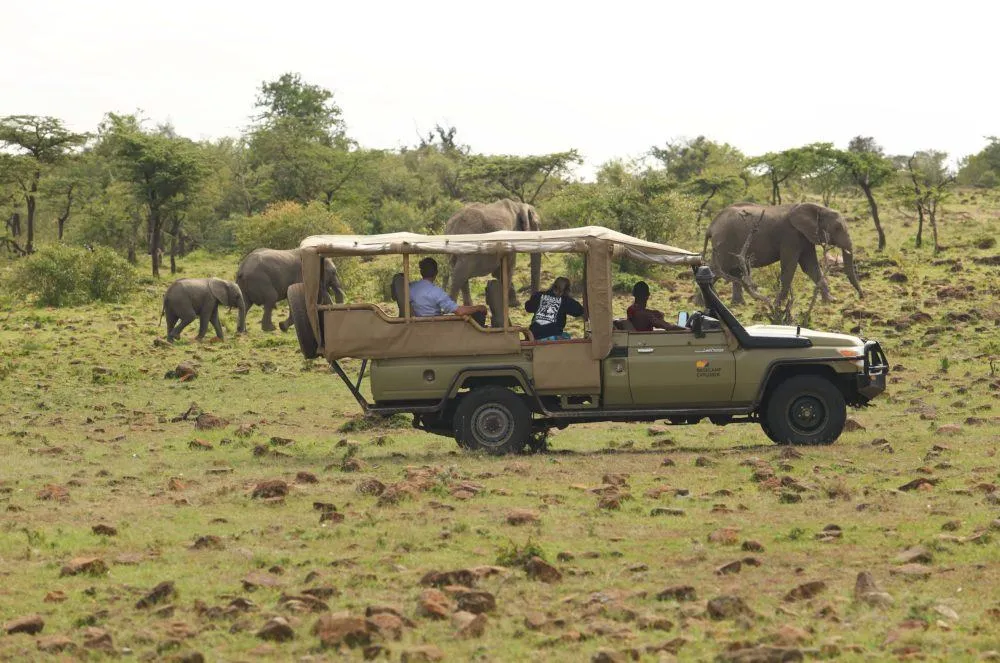
Choosing between a national park and a private game reserve for your safari can impact the type of game drive experience you have. Each option has its own unique characteristics, advantages, and limitations.
The upcoming sections will detail the differences between national parks and private game reserves, aiding in making a well-considered choice for your memorable African wildlife adventure.
National Parks
National parks offer a more regulated experience, with set routes and restrictions on off-road driving. They are typically open to the public and may have larger crowds, but they still provide an amazing opportunity to observe a wide variety of wildlife in their natural habitats. Some popular national parks for game drives in Africa include:
- Masai Mara National Reserve in Kenya
- Serengeti National Park in Tanzania
- Chobe National Park in Botswana
- Kruger National Park in South Africa
It is important to follow the rules and guidelines set by the park authorities to ensure the safety of the wildlife and visitors. Off-road driving may be permitted in some national parks, but it is treated as an offense in most parks, and rangers are always on the lookout for offenders who may be banned from entering the park.
Private Game Reserves
Private game reserves provide a more exclusive and flexible experience, with fewer vehicles and the ability to go off-road for closer wildlife encounters. They often offer upmarket lodging options and all-inclusive packages, making your safari experience even more memorable. Examples of top private game reserves include:
- Sabi Sand Game Reserve
- Phinda Private Game Reserve
- MalaMala Game Reserve
- Manyeleti Game Reserve
- Timbavati Nature Reserve
- Kwandwe Game Reserve
On private game reserves, there is typically an age restriction for children, with most only allowing children aged 6 and older on game drives. It is important to follow the rules and guidelines set by the reserve, such as staying seated unless given permission to do otherwise and keeping your voice down, to ensure your safety and the well-being of the animals.
Preparing for Your Game Drive Adventure
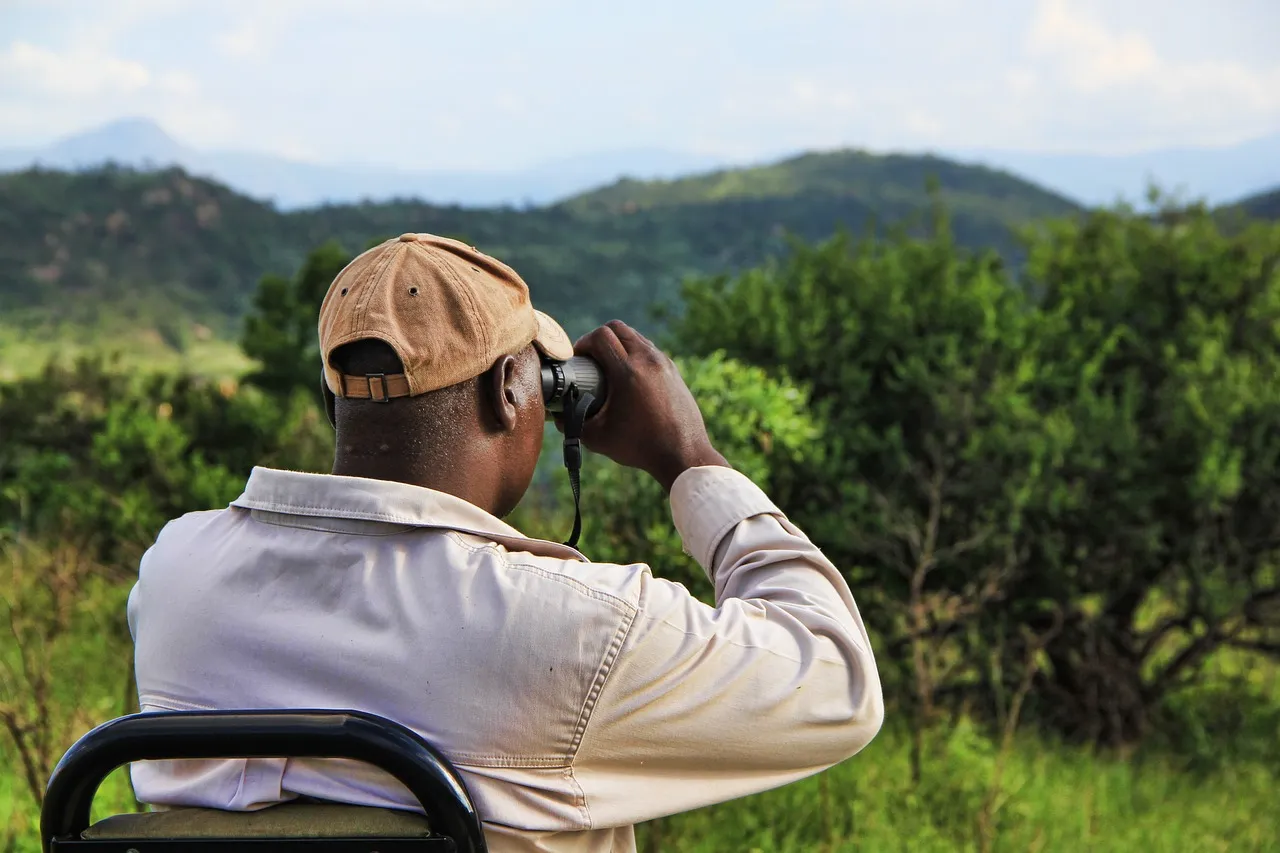
Proper preparation is essential for a successful game drive, including appropriate clothing, essential gear, and health and safety precautions.
The upcoming sections will offer comprehensive advice on suitable attire, essential items, and safety precautions for your memorable African wildlife adventure.
Clothing and Accessories
Dress in layers and wear neutral colors, such as tan, khaki, brown, or beige, as they blend in well with the natural environment (brightly colored clothing might scare away animals). Comfortable and lightweight clothing such as shorts or pants, long sleeves, and closed shoes is also recommended.
Also remember to bring sunscreen, sunglasses, and a hat- sun protection is crucial.
Other useful accessories for a game drive safari include:
- A hand sanitizer
- A fleece or warm layer especially when going for afternoon game drives
- A bikini
- Lipbalm
- A torch
- Spare battery and additional memory cards for cameras
- Binoculars
- Sunscreen
- Insect repellent
Make sure to pack these items to enhance your game drive experience.
Essential Gear
Essential gear for a safari game drive includes:
- Binoculars: to get a closer look at wildlife
- Camera and lenses: to capture the moment
- Guidebook: to provide valuable information about the wildlife you may encounter
When looking for a good safari camera, essential features to consider include:
- Telephoto lens
- Image stabilization
- Viewfinder
- Burst mode
- Continuous focus tracking
- Stealth mode
The best lenses for safari photography are telephoto lenses with a long focal length, such as the Sigma 150-600mm f/5-6.3 DG DN OS Sports or the Tamron 18-300mm f/3.5-6.3 Di III-A VC VXD. These lenses allow you to capture distant wildlife and details effectively.
Health and Safety
Stay hydrated during your game drive by covering your head and neck, eating fruits and vegetables with a high water content, drinking bottled water provided during the drive, and wetting your hat to stay cool and refreshed. Also make sure to bring any necessary medications, such as anti-malarial medication, anti-diarrhea medication, headache tablets, anti-nausea tablets, and rehydration tablets.
Follow your guide’s safety instructions to ensure a smooth and safe safari experience. Emergency procedures during a game drive include:
- Informing another game drive about your planned route and estimated time of arrival
- Inquiring about the emergency protocol and guidance on emergency numbers, medical attention, and medical evacuation
- Ensuring access to 24-hour medical assistance and emergency response
- Closing windows and doors before leaving the vehicle to prevent opportunistic animal feeding
- Disposing of litter properly to maintain a clean and safe environment
By adhering to these guidelines, you can enjoy a safe and unforgettable African wildlife adventure.
Maximizing Your Wildlife Viewing Opportunities
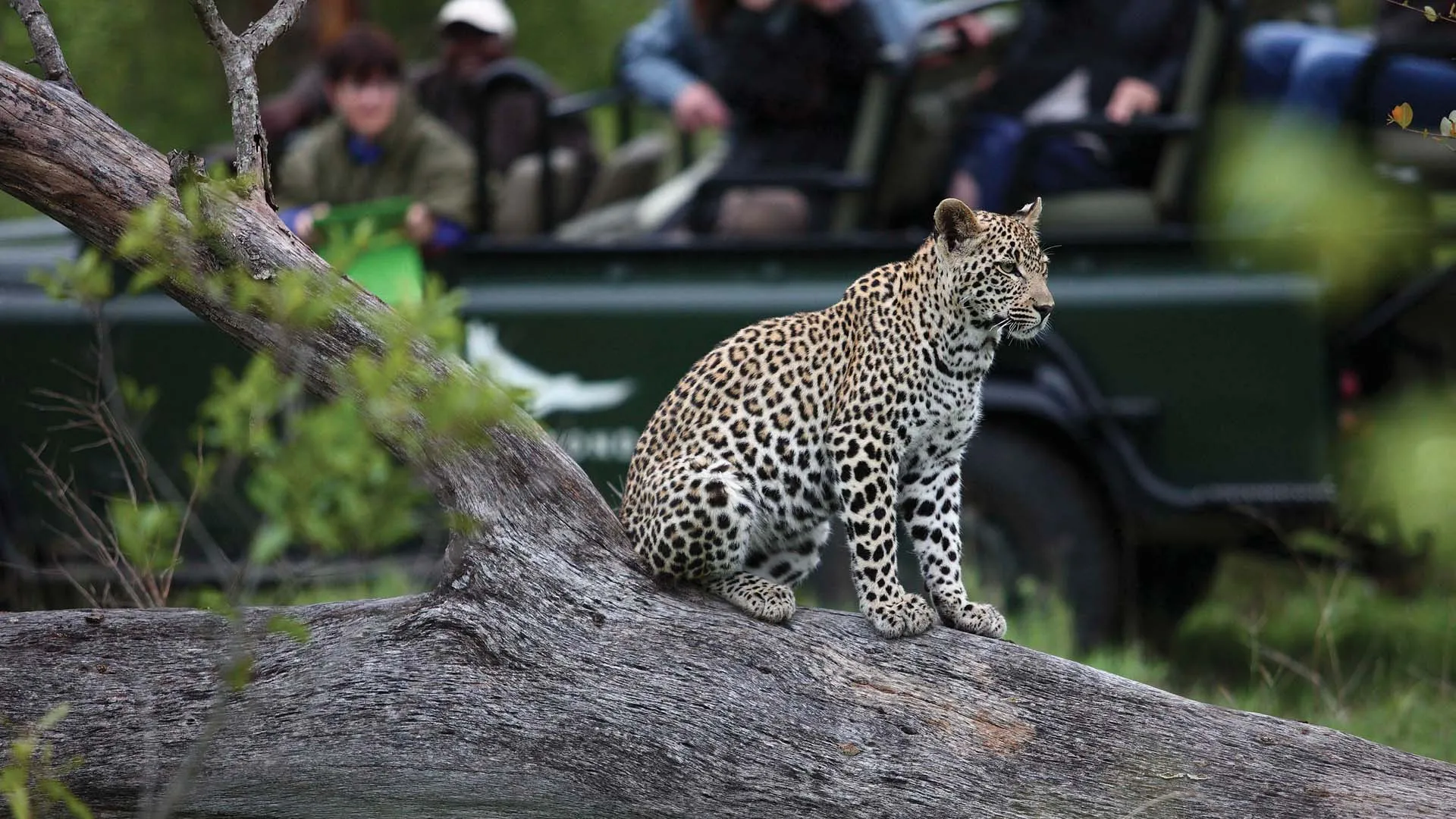
To maximize your wildlife and plant life viewing opportunities, choose the right time for game drives, build a relationship with your guide and tracker, and practice patience and respect for nature.
The upcoming sections will detail how these aspects enhance the experience that entails viewing wildlife during your safari.
Timing Is Everything
Early morning and late afternoon game drives offer the best chances to see active wildlife, as animals are most active during these times. In the morning, animals are heading out to graze or quench their thirst, while in the late afternoon, they are hunting for prey or seeking water. Additionally, the temperatures are cooler during these times, making the drive more comfortable for both the animals and the visitors.
Nighttime game drives can reveal nocturnal species that are active and hunting during the night. Some nocturnal wildlife you’re likely to spot include the highly elusive leopard, cheetah, lion, and foxes.
Regardless of the time of day, always remember that wildlife sightings can be unpredictable and require patience. The more time you spend on game drives, the greater your chances of witnessing unique and captivating wildlife moments.
Building a Relationship with Your Guide and Tracker
Your safari guide and tracker are invaluable resources for your wildlife viewing experience. Their expertise in tracking wildlife and understanding animal behavior can greatly increase your chances of spotting and observing animals. Building a strong relationship with your guide and tracker allows for effective communication and coordination, increasing the chances of spotting even the most elusive animals and maximizing your wildlife viewing opportunities.
To build a great relationship with your safari guide and tracker, follow these tips:
- Show respect and appreciation for their expertise
- Communicate your interests and preferences
- Be open to learning from them
- Ask questions
- Maintain a positive attitude
- Be patient during game drives
By following these tips, you can enhance your safari experience and create unforgettable memories.
Patience and Respect for Nature
Being patient and respectful of the animals and their environment allows for a more authentic and rewarding experience during your safari. Patience helps you:
- Observe and understand the behavior of animals in their natural habitat
- Be present in the moment
- Increase the chances of witnessing truly unique and captivating wildlife moments.
Respecting nature contributes to an even more amazing wildlife viewing experience on safaris by allowing you to:
- Observe animals silently and with a minimum of disturbance to their natural activities
- Ensure the safety of the animals and visitors
- Promote sustainable tourism practices and long-term conservation efforts.
Responsible Wildlife Tourism: Ensuring a Sustainable Safari
As a responsible tourist, it’s important to practice responsible wildlife tourism by following guidelines and regulations and supporting conservation initiatives.
The upcoming sections will explain how you can contribute to a sustainable safari and guarantee an ethical and memorable experience.
Following Guidelines and Regulations
Adhering to park rules, staying on designated tracks, and maintaining a safe distance from wildlife is essential for a responsible and enjoyable safari experience. Be mindful of the guidelines and regulations in place, such as not wearing bright colors that may scare away animals, driving through closed park areas, or getting too close to wildlife.
By following these rules, you can ensure a safe and enjoyable safari experience for everyone involved.
Supporting Conservation Initiatives
Choosing safari operators that prioritize conservation and support local communities ensures a sustainable and ethical safari experience. Here are other ways you can contribute to preserving biodiversity and promoting long-term conservation efforts:
- Selecting eco-friendly lodges
- Engaging with local communities
- Participating in wildlife research projects
- Supporting conservation organizations
By following these practices, you can make a positive impact and have a meaningful safari experience.
Remember that responsible wildlife tourism is essential for the protection of wildlife and their habitats, as well as the well-being of local communities. By following the guidelines and supporting conservation efforts, you can ensure an amazing and ethical safari experience that leaves a positive impact on the environment and the people who call it home.
Summary
In conclusion, safari game drives provide an unforgettable adventure through the African wilderness, offering the chance to witness incredible wildlife up close. Proper preparation, responsible tourism, and building a relationship with your guide and tracker are essential for maximizing your wildlife viewing opportunities and ensuring a memorable and ethical experience. By following the tips and insights shared in this guide, you’ll be well-prepared to embark on the safari game drive of a lifetime, creating lasting memories while contributing to the conservation of Africa’s incredible wildlife and ecosystems.
Embrace the spirit of adventure, respect nature, and immerse yourself in the awe-inspiring world of African wildlife. The unforgettable safari game drive experiences await you!
Frequently Asked Questions
Ask and it shall be answered. In this section, we answer all your pressing questions.
What is the difference between a safari and a game drive?
A safari is the entire journey. It includes activities such as game drives, guided nature walks, hot-air balloon safaris etc. So basically, a game drive is an activity you do while on a safari.
What happens during game drives
No two game drives are the same- whatever you spot in one might be completely different from what you spot in the next one. That said, this is how a typical morning/afternoon/ evening of game drives goes.
- Pick up from the lodge in a 4*4 safari van
- Drive to the wildlife area (usually a park)
- If it’s a full-day game drive, you’ll have a packed picnic lunch in the park at around midday
What is an example of a game drive?
There are three types of game drives; morning game drives, evening game drives, and night game drives.
How long are safari drives?
On average, a Safari game drive typically lasts 2 to 3 hours in the morning and afternoon, with the option of a full day gamedrive available for travelers. Enjoy the best opportunity to follow fresh tracks and see wildlife in the early morning!
What are the best times for game drives?
Wake up early and hit the game drives – that’s when you’re most likely to see animals active and explore the stunning scenery! Late afternoon is also a great time for game drives.
